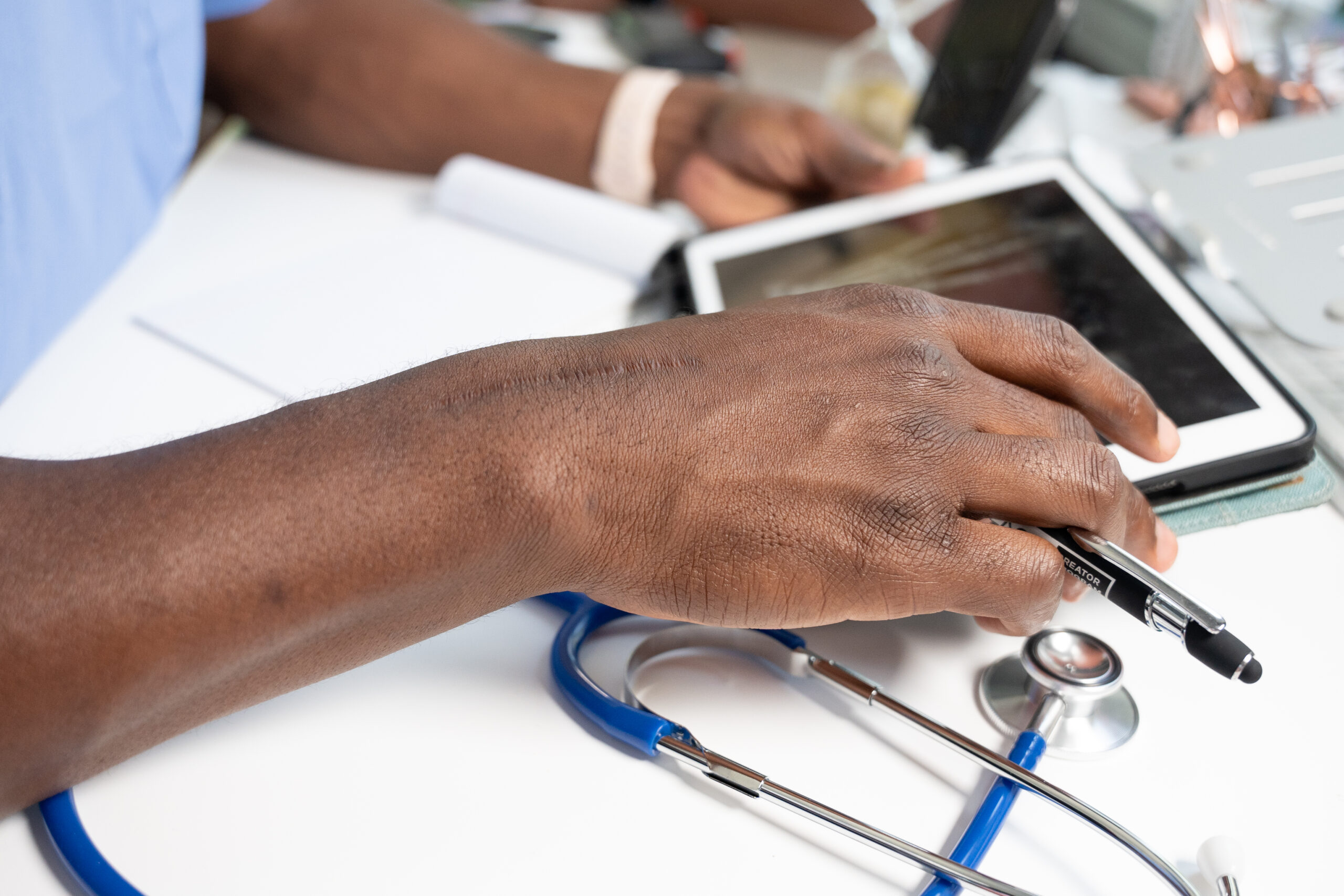In recent years, there has been a substantial upheaval in the healthcare sector. The adoption of technology has played a crucial role in improving the quality of care and streamlining various aspects of healthcare operations. Medical billing is one such sector where technology has had a huge influence.
Flexible and inclusive billing and payment solutions are becoming increasingly important, as highlighted by a 2022 report by Business Wire. The report found that the majority of patients would pay their medical bills more quickly if they received them in their preferred method. This underscores the need for healthcare providers to offer a range of billing and payment options to cater to patient preferences.
Healthcare payment systems are being revolutionized with the help of innovative technologies, which are making medical billing more efficient and cost-effective. This article will examine how technological advancements are affecting medical billing and the cutting-edge approaches being utilized to enhance healthcare payment systems.
The Challenge of Medical Billing
In healthcare businesses, the revenue cycle management platform includes medical billing as a key component. Multiple parties are involved in the intricate procedure, which necessitates extreme precision. Medical billing includes submitting claims for payment to insurance companies, governmental bodies, or clients.
The billing process requires the collection of patient data, documentation of medical procedures, coding of medical diagnoses, and submission of claims. As noted by Millin, medical billing errors can result in lost revenue, billing disputes, and even legal problems. The traditional medical billing process is time-consuming, prone to errors, and expensive.
Revolutionizing Medical Billing with Technology
By automating many components of the billing process, technology is transforming medical billing and improving its effectiveness, efficiency, and affordability. Below are some advanced solutions that are being used to improve healthcare payment systems.
1. Electronic Health Records (EHRs)
EHRs are electronic health records for patients that include all of the patient’s medical data. As per HealthIT.gov’s 2021 data, the adoption of certified EHR has significantly increased in the past decade. A certified EHR system has been used by nearly all non-federal acute care hospitals (96%) and nearly four out of every five office-based doctors (78%).
Compared to 2011, when just 28% of hospitals and 34% of physicians had implemented EHRs, this is an impressive advancement.
This shows that EHRs have become an essential tool for healthcare providers as they enable the sharing of patient information across different healthcare providers and facilitate the coordination of care.
2. Medical Coding Software
Medical coding software is another advanced solution that is revolutionizing medical billing. Medical coding software automates the coding of medical diagnoses and procedures, reducing the risk of errors and making the billing process more efficient. Medical coding software also ensures compliance with the latest coding guidelines and standards, which is essential for accurate billing.
3. Artificial Intelligence (AI) and Machine Learning (ML)
AI and ML are being used to automate various aspects of medical billing, such as claims processing, fraud detection, and revenue cycle management. Large amounts of data can be analyzed using AI and ML technologies to spot trends and abnormalities that can point to dishonest billing practices.
AI and ML can also predict payment outcomes and provide insights into how to optimize billing processes for maximum efficiency.
4. Blockchain Technology
A distributed ledger system called blockchain can safely store and transfer data among several people. Blockchain technology is being used to improve medical billing by creating a secure and transparent platform for the sharing of patient data and the processing of claims. Blockchain technology can also offer real-time payment processing, lowering payment processing time.
5. Mobile Applications
Mobile applications are quickly becoming a popular tool for healthcare professionals looking to enhance medical billing. Mobile applications can be used to capture patient data, document medical procedures, and submit claims. Mobile applications also allow patients to easily access their health information and make payments from their smartphones or tablets.
Emerging Trends and Opportunities
As technology continues to evolve, there are several emerging trends and opportunities that are likely to shape the future of medical billing. These include:
1. Predictive Analytics
Machine learning algorithms are used in predictive analytics to examine data and uncover patterns that can be utilized to forecast future outcomes. Predictive analytics can be used in medical billing to estimate payment trends, identify possible payment concerns, and improve billing procedures for optimal efficiency.
2. Cloud-based Billing Solutions
Cloud-based billing solutions are becoming increasingly popular in healthcare as they offer a more flexible, scalable, and cost-effective alternative to traditional billing systems. Cloud-based billing systems allow healthcare professionals to access patient data and invoices from any device or location, cutting administrative expenses and accelerating the billing process.
3. Value-based Payments
Value-based payments are an emerging payment model that incentivizes healthcare providers to focus on quality of care rather than quantity of care. Under this model, healthcare providers are paid based on the outcomes of their services, rather than the number of procedures they perform. Value-based payments can improve the quality of care while reducing healthcare costs.
4. Patient Payment Portals
Patient payment portals are online platforms that enable patients to view their medical bills, make payments, and manage their healthcare finances. Patient payment portals have the potential to increase patient participation and satisfaction while lowering the administrative load on healthcare providers.
5. Cybersecurity and Data Privacy
As healthcare continues to become more digitized, the importance of cybersecurity and data privacy is growing rapidly. According to a Forbes article, the transition to the cloud and internet-based apps has raised the potential of cyber assaults and security breaches, leaving the entire healthcare system more susceptible.
To safeguard patient data, healthcare providers must take measures to protect against cyber threats and ensure compliance with data privacy regulations. Advanced cybersecurity solutions, including encryption and Multi Factor Authentication, are now considered critical tools for protecting patient data.
Key Takeaways
Finally, technology is transforming medical billing by making it faster, more accurate, and cost-effective. Advanced solutions such as EHRs, medical coding software, AI/ML, blockchain technology, and mobile applications are being used to improve healthcare payment systems.
Emerging trends and opportunities, such as predictive analytics, cloud-based billing solutions, value-based payments, patient payment portals, and cybersecurity and data privacy, are likely to shape the future of medical billing.
As the healthcare industry continues to evolve, it is essential for healthcare providers to stay updated with the latest technologies and trends to optimize their billing processes and provide quality care to their patients.










